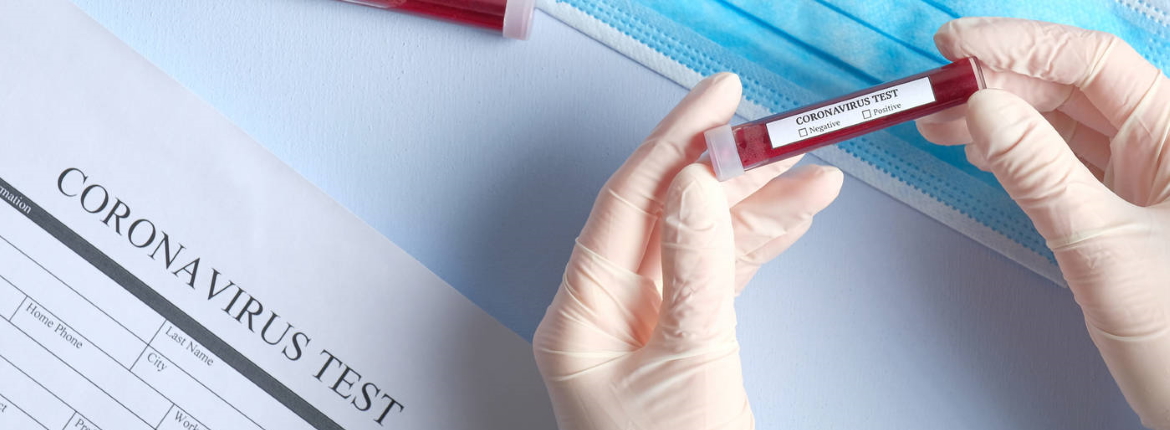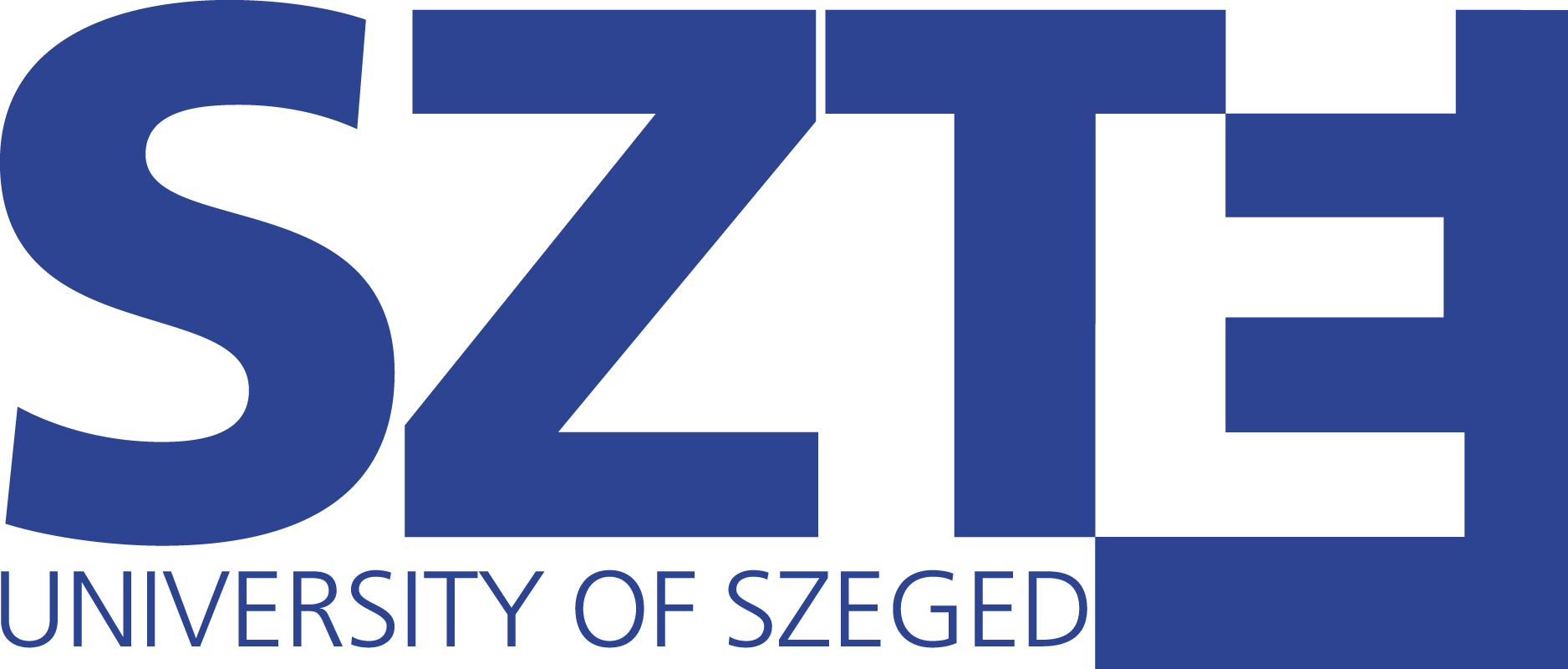
The University of Szeged is participating in a national screening study which involves tens of thousands of people, based on a representative sample. The series of studies aims to get an accurate picture of the extent of the epidemic and the actual number of people infected and re-infected with the coronavirus. Staff from the University collected 16.4 percent of the total national samples from Jász-Nagykun-Szolnok, Békés, Csongrád and Bács-Kiskun counties.
A total of 17,778 people over 14 years old from various age groups, selected with the assistance of the Hungarian Central Statistical Office (KSH), will be invited to participate in the national screening. 16.4 percent of the samples are collected by the staff of the University of Szeged from Jász-Nagykun-Szolnok, Békés, Csongrád and Bács-Kiskun counties. The Albert Szent-Györgyi Health Center of the University of Szeged will be conducting the examinations. The screening process will take 14 days to complete and involves 15 working groups from the University of Szeged, which includes doctors, nurses, assistants and residents.
Selected candidates have been notified in advance by letter and where appropriate, by telephone and appointments created for them to attend a pre-arranged location. Alternatively, mobile testing will also be available, with the assistance from staff of the National Ambulance Service, so that the elderly or those with chronic illness do not have to leave their homes. The staff of the University of Szeged repeats the comprehensive cross-sectional examination at least twice during the course of the epidemic, with at least a one-month gap. Public participation in the testing is voluntary and free.
‘During the test, a sample from nasal and pharyngeal swabs is taken, which is necessary to determine the PCR test. Blood samples are also taken, which is important for antibody analysis. In addition to the sampling, a questionnaire will be filled out, which will help us to analyze other epidemiological aspects as well’ said Prof. Dr. Csaba Lengyel, President of the Szent-Györgyi Albert Clinical Center of the University of Szeged. He added that the success of the study is not only in the interest of the screened individuals, but also in the national interest as these studies help us to assess the current epidemiological situation and how to further implement control measures.
From 1 May, the national level will be conducted by the four Hungarian medical training institutions under the leadership of Semmelweis University and with the support of the Ministry of Innovation and Technology. A national clinical epidemiological study is being prepared and will be based on the following; actual number of currently infected people in Hungary, how many people have become ill and immune to the virus so far, and how many may be asymptomatic virus carriers. The results of the nationwide testing are expected to be released in mid-May. Anyone who participates in the study will be notified of their results without exception.

